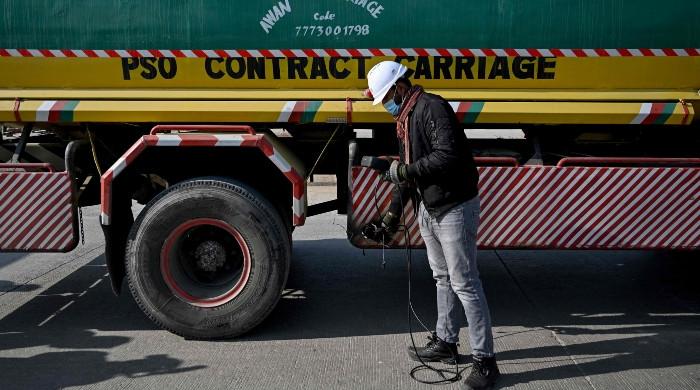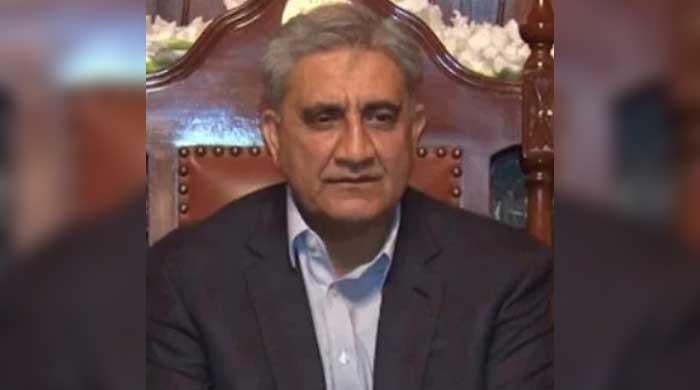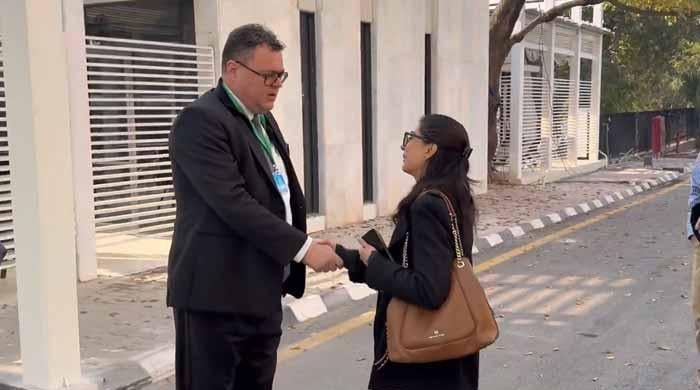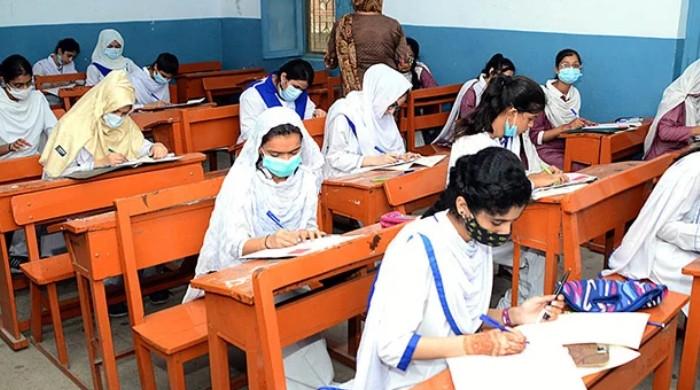Pakistan's gas crisis to worsen as LNG supplier defaults
Singapore-based LNG trading company has not disclosed when it aims to deliver term cargo, says a source
December 20, 2021
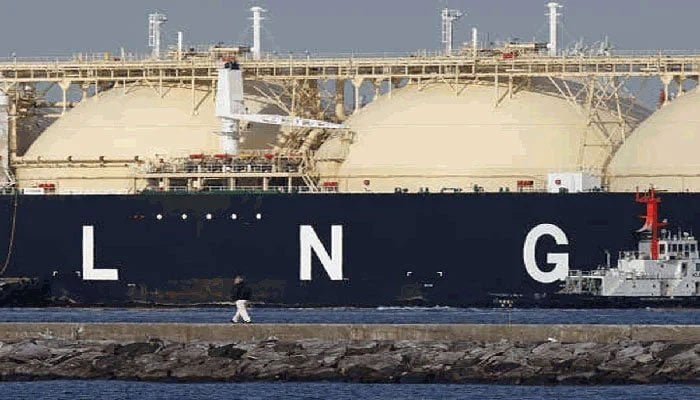
- Singapore-based company says will not be able to deliver gas by January 10, 2022.
- Company has not informed Pakistan LNG Limited when it plans to deliver term cargo, says source.
- Domestic consumers expected to bear the brunt of the LNG fiasco.
Pakistan can expect its gas crisis to worsen further in the coming weeks and months as the Singapore-based LNG trading company, GUNVOR, has intimated to authorities in the government that it will not be able to deliver its term LNG cargo due on January 10, 2022 by claiming the force majeure.
GUNVOR has also not yet informed Pakistan LNG Limited as to when this term cargo will be provided, a well placed senior official at the Energy Ministry told The News.
He said that technically it will be the second default by GUNVOR in a row in the current winter season 2021-22, as it earlier defaulted from the provision of the term cargo on November 19-20, 2021.
The Italian company ENI also defaulted on November 26-27, 2021 from the delivery of its term cargo. ENI had earlier backed out of its term LNG cargo in August, 2021.
"And this is how both the LNG trading companies have defaulted twice. The intimation of non-availability of LNG cargo from GUNVOR comes at a time when LNG price in the spot market is hovering at $35-40 per MMBTU."
The non-availability of the term cargo on January 10 will further worsen the ongoing gas crisis in the country. From December 15, the government has already cut gas supply to the export sector in Punjab apart from shutting down the non-export industry and CNG sector. Domestic consumers are also facing massive shortages across the country even at breakfast, lunch and dinner times and people are forced to purchase food, roti, nan and even tea from hotels at higher prices.
However, the managing director of the Pakistan LNG Limited (PLL) didn’t respond to the question when asked if GUNVOR has again defaulted from the LNG cargo which is due to be delivered on January 10, 2022.
Energy Ministry’s top officials disclosed that the demand of gas for the domestic sector in Punjab and KPK has gone up to 800-900 mmcfd which, in January, is expected to further jack up to 1200 mmcfd for the domestic sector as the mercury is estimated to further the tumble in January.
The system gas production has already dwindled by 1 billion cubic feet from 4200 mmcfd to just 3200 mmcfd. And because of the failure of the authorities in ensuring the four spot LNG cargoes (two each in December and January) and default by GUNVOR on January 10, the gas crisis has worsened more.
Keeping in view the given situation, there is no gas available in the system enough to accommodate the Textile industry in Punjab even at $9 per MMBTU, the official said.
"Yes, we can accommodate the textile industry at $9 per MMBTU only after reducing the LNG supply to the power sector and cutting the gas to the fertilizer sector."
In low winter, the earlier fertilizer sector was never given gas, it was only provided with the gas in the peak winter season.
The official said that it is high time for the government to utilise the furnace oil which is available in abundance in the country for power generation and divert the gas to the export industry at $9 per MMBTU.
“We started the winter season this time with a shortfall of 360 mmcfd in Punjab and KPK.”
To a question, he said that the ENI and GUNVOR which earlier defaulted in the month of November has not yet given an undertaking to provide the term cargoes as a replacement in other months as they are more keen to be penalized. The penalty is equally the 30% of the value of the term cargo.
Under the term agreements with Pakistan LNG Limited, Italy-based ENI is bound to provide LNG cargo every month at 11.95% of the Brent and GUNVOR is also in a 5-year term agreement and bound to provide a cargo at 11.6247% of the Brent.
Under the contract, in case of default, PLL can impose a penalty of 30% of the contractual price of one cargo to each LNG Company and both the companies are ready to pay the penalty as the profit in the spot market is so huge which has prompted them to sell Pakistan’s term cargo to the international market.
PLL has inked the term agreements with both the companies to avoid purchasing LNG cargoes at higher prices, but both the companies have backed out and defaulted the agreements twice.
Originally published in The News




